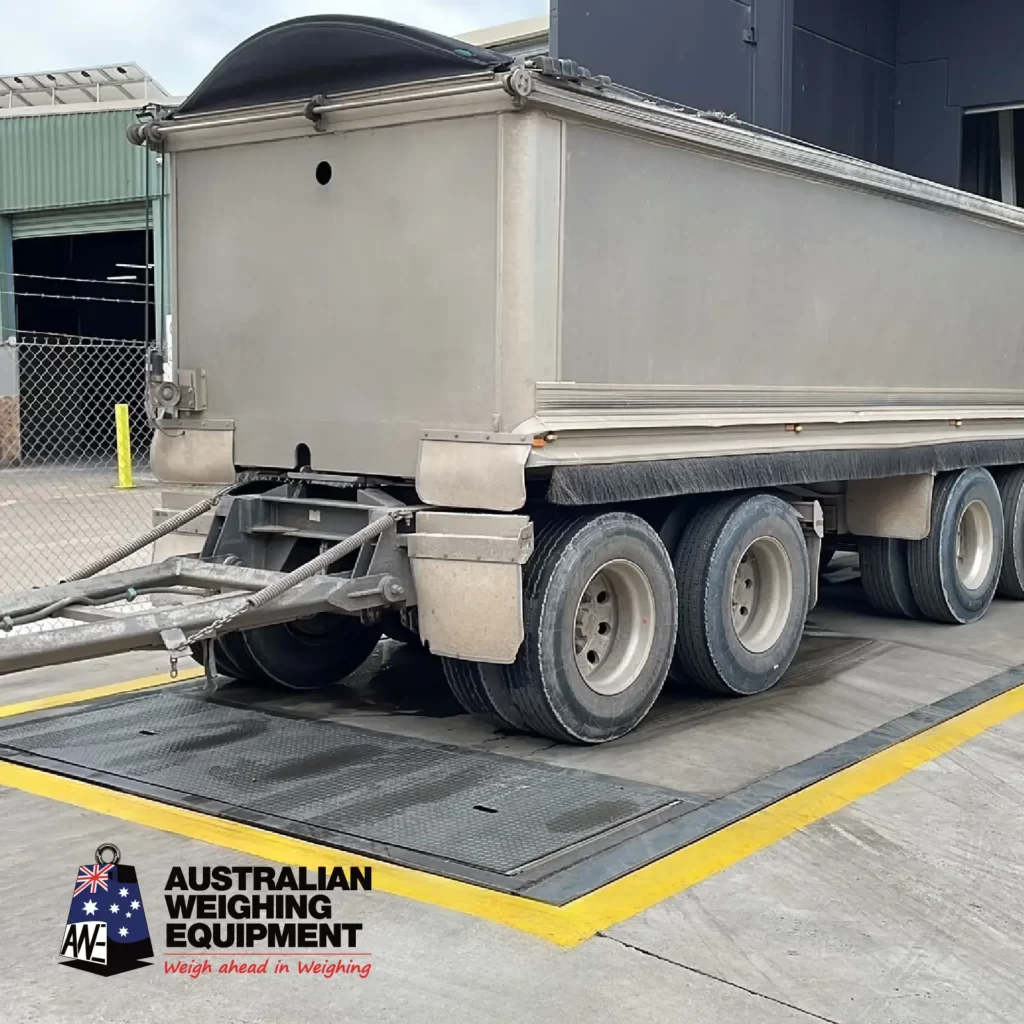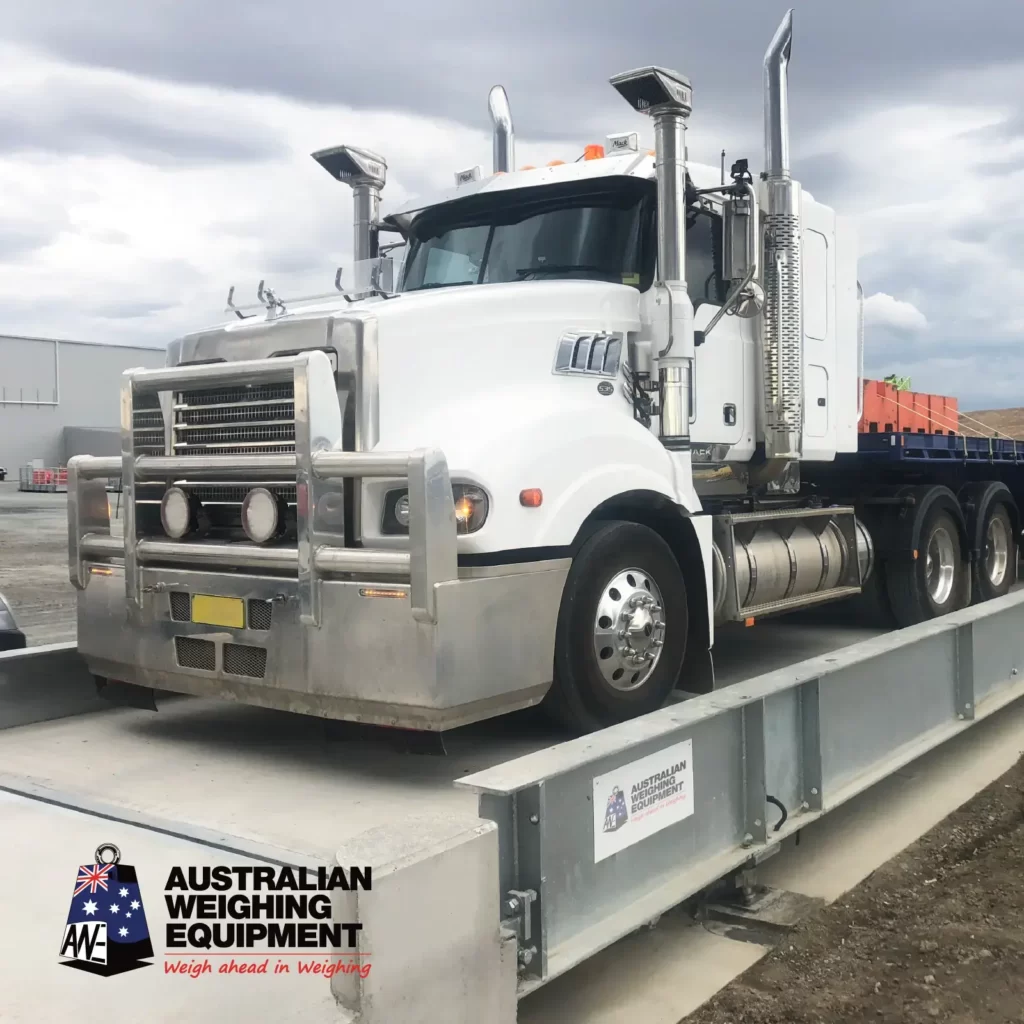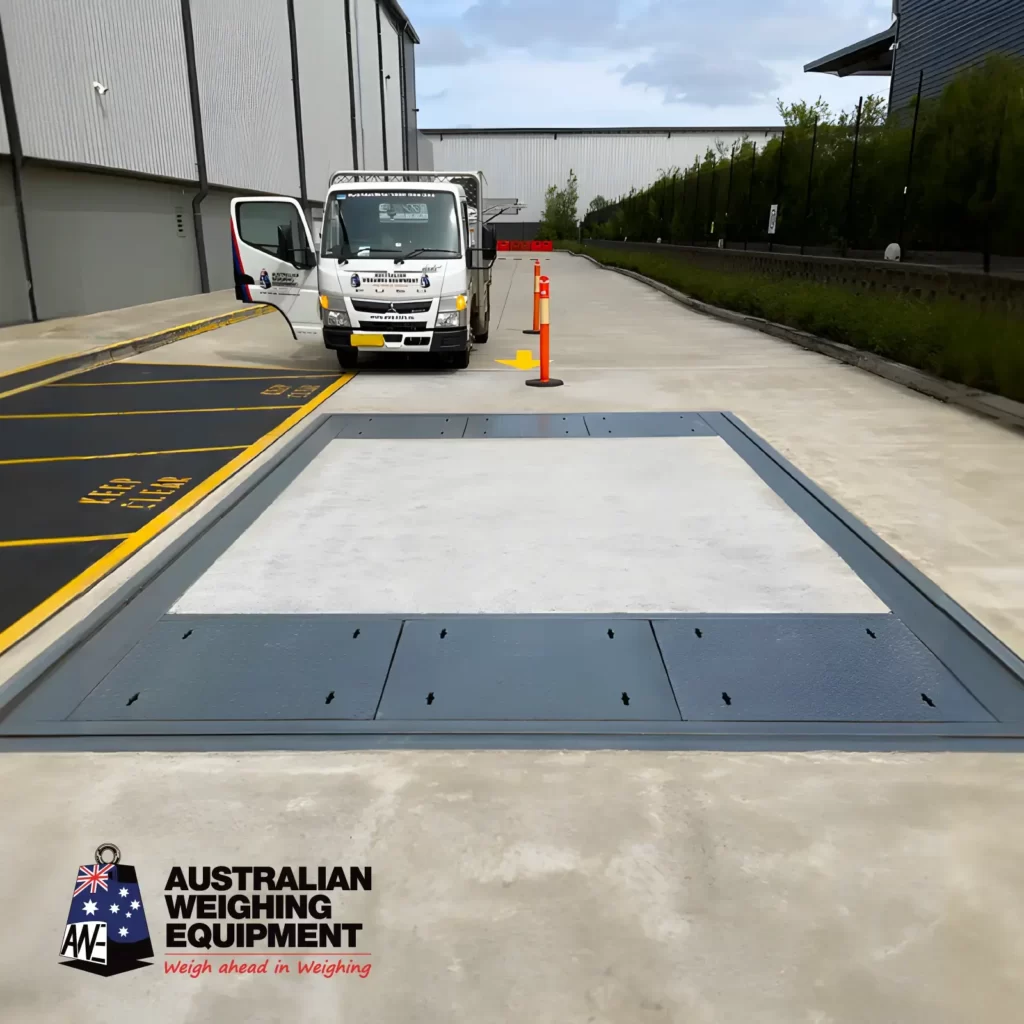Australia has long been at the forefront of innovative infrastructure development, and the latest addition to its transportation network is no exception. The unveiling of the newest latest public weighbridges marks a significant milestone in the country’s commitment to efficient logistics and streamlined operations.
Situated strategically in a bustling industrial hub, the public weighbridge stands as a testament to Australia’s dedication to modernizing its infrastructure to meet the demands of a rapidly evolving economy. Equipped with state-of-the-art technology and designed with precision engineering, this weighbridge promises to revolutionize the way goods are transported and monitored across the nation.
Find Your Nearest Public Weighbridges In Your Area
In today’s world, recycling is more important than ever. It plays a crucial role in reducing waste, conserving natural resources, and lowering greenhouse gas emissions. One often-overlooked element that ensures the success of recycling efforts is the public weighbridge. These facilities provide accurate weight measurements for materials being recycled, and their role in sustainability and the circular economy cannot be understated. Here’s why public weighbridges are essential in the recycling process.
1. What is a Public Weighbridge?
A public weighbridge is a large industrial-scale weighing device used to measure the weight of vehicles, including trucks and trailers, and the materials they carry. These weighbridges are available for public use, typically at recycling centers, waste transfer stations, and industrial facilities. They are designed to handle heavy loads, ensuring that businesses, recyclers, and individuals can accurately weigh their goods for a variety of purposes, including recycling.
2. Ensuring Accurate Weight for Recyclables
One of the key benefits of public weighbridges in recycling is their ability to provide precise weight measurements. This is crucial for several reasons:
Compliance with Regulations: Many recycling operations are governed by regulations that require accurate reporting of material weights. This ensures that waste management protocols are being followed and that recyclers are meeting their targets.
Fair Trade and Payment: Weighbridges ensure fair trade when selling recyclable materials. Since payments are often based on the weight of the materials (such as scrap metal, plastics, or paper), having an accurate measure means fair compensation for those supplying recyclables.
Tracking Sustainability Goals: Accurate weight data helps both businesses and individuals track their recycling efforts. This allows companies to monitor how much waste they divert from landfills, contributing to their sustainability reports and goals.
3. Supporting Recycling Businesses
Public weighbridges are a critical component for recycling businesses, scrap yards, and waste management firms. Here’s how they contribute:
Operational Efficiency: Weighbridges streamline operations by providing quick, accurate measurements. Trucks can be weighed upon entry and exit from recycling facilities, ensuring precise calculations of the amount of material being processed or sold.
Waste Management Accountability: For businesses dealing with large volumes of waste or recyclable material, accountability is essential. Weighbridges allow for proper documentation, helping companies meet regulatory requirements and maintain transparent records.
Cost Efficiency: Inaccurate weight measurements can lead to financial losses. Weighbridges ensure that the correct amount of material is being transported and recycled, preventing over- or under-payment.
4. Enhancing Transparency and Trust in Recycling
For both individuals and businesses, public weighbridges offer transparency in the recycling process. For instance, people bringing in recyclables like metal or electronic waste can see the weight of their load and be confident they’re being compensated fairly.
Moreover, governments and environmental agencies rely on data from weighbridges to ensure that recycling centers and waste management operations comply with legal requirements, making them a pillar of trust in the recycling supply chain.
5. Contribution to the Circular Economy
Weighbridges are not only a tool for measuring weight but also a contributor to the circular economy—an economic system aimed at minimizing waste and maximizing the reuse of materials. Public weighbridges support this by facilitating the proper tracking and management of recycled materials. They help ensure that materials re-enter the economy as new products, reducing the need for virgin resources.
6. The Environmental Impact
By accurately measuring the weight of recyclables, weighbridges help ensure that materials are processed efficiently, reducing landfill waste. For example, scrap metal that is properly weighed and recycled can be melted down and reused, decreasing the need for new metal mining and the associated environmental impact.
Additionally, public weighbridges contribute to lowering carbon footprints. Efficient recycling supported by weighbridge data ensures less energy consumption in material production and processing, further helping to combat climate change.
7. Who Can Benefit from Public Weighbridges?
Public weighbridges are not just for large businesses or recycling plants; they offer benefits for a wide range of users:
- Individuals: People bringing in recyclables from home can use public weighbridges to ensure they are compensated fairly for their materials.
- Small Business Owners: Local scrap dealers, demolition companies, and small manufacturers often rely on weighbridges to weigh recyclable materials and scrap.
- Municipal Authorities: Local councils often use weighbridges to manage waste collection and recycling programs, ensuring that they are meeting targets for waste reduction.
8. The Future of Public Weighbridges in Recycling
As recycling efforts continue to grow, the role of public weighbridges will become even more important. Advances in technology, such as automated weighbridge systems and digital tracking, will further streamline the process, making it easier for businesses and individuals to contribute to recycling efforts.
In the near future, we may see weighbridge systems integrated with smart city infrastructure, using real-time data to improve waste management practices and reduce environmental impact on a larger scale.
Public weighbridges play an indispensable role in the recycling ecosystem. From ensuring accurate weight measurements to supporting businesses and individuals in their recycling efforts, these tools are vital to achieving a more sustainable future. Whether you’re a business owner looking to track your waste or an individual wanting to recycle materials responsibly, public weighbridges provide a reliable and transparent solution for a greener planet.






